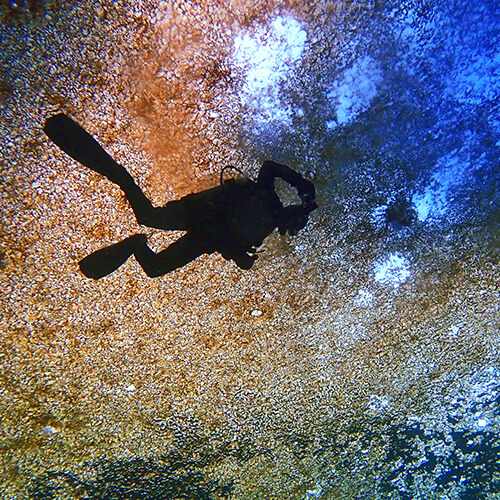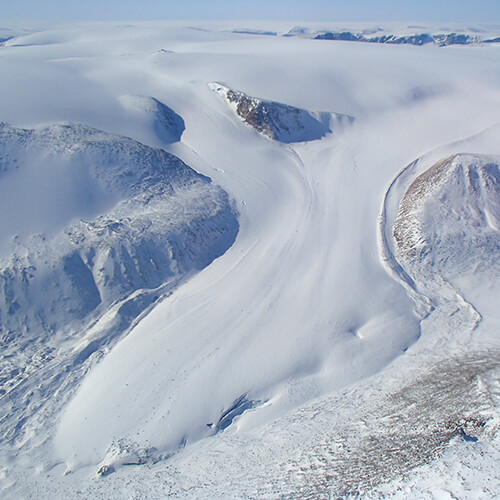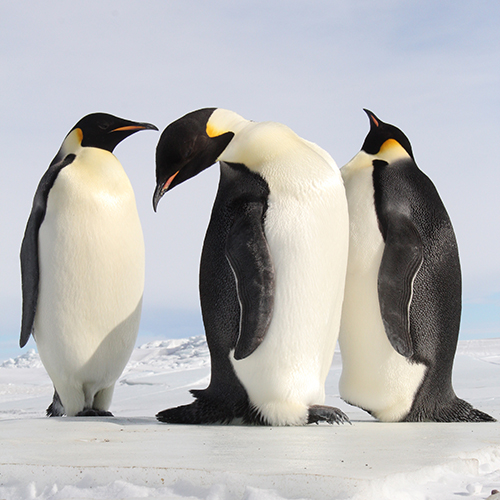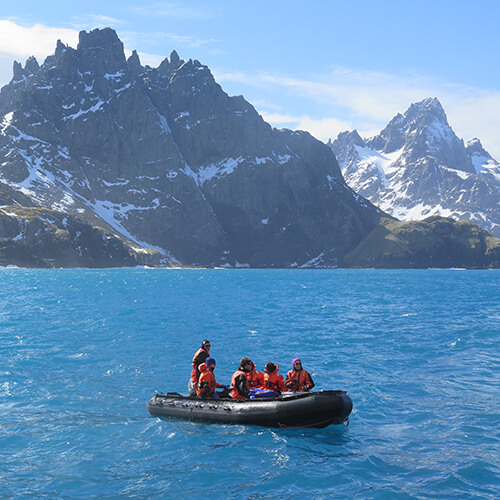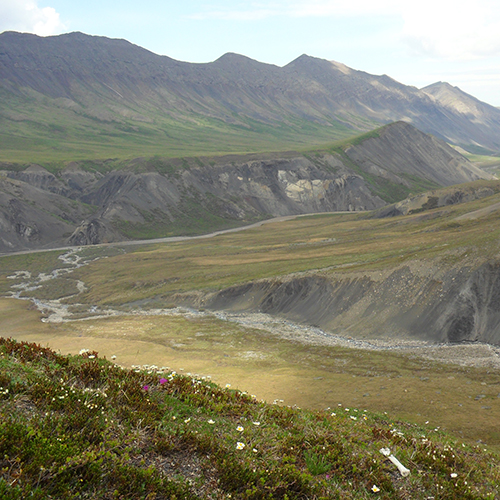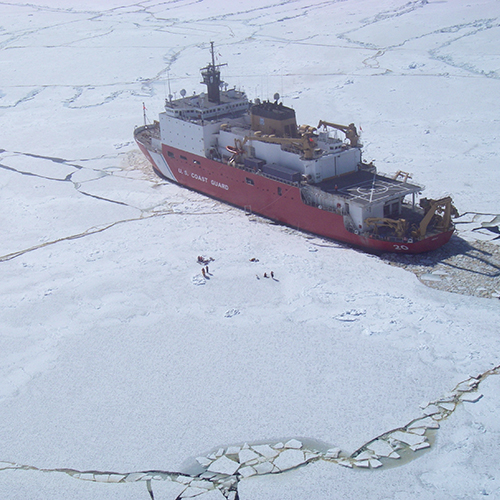Education Programs
Education Updates
ARCUS is thrilled to introduce Connect the Arctic, a platform fostering connections, partnerships, and community growth. Join @Arctic.Community for two focused groups: Arctic Science Education Network and Community & Citizen Science in the Far North. Explore these spaces, network, and build collaborations. Reach out to us for your community group needs.
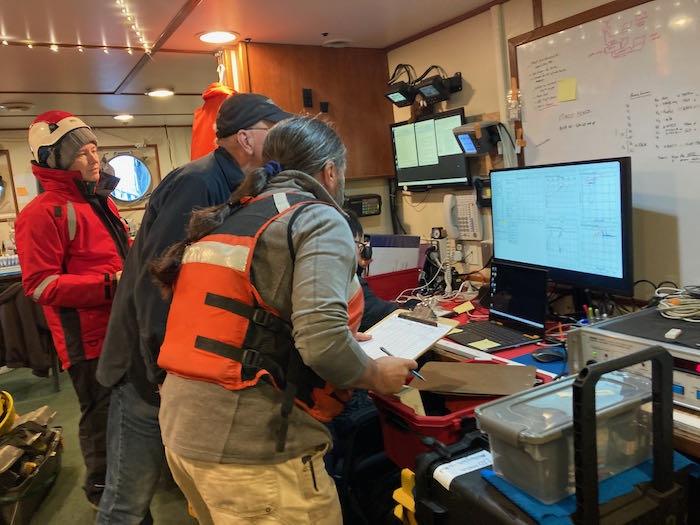
Arctic Spotlight
Harmful Algal Blooms in Arctic Waters
As ocean temperatures warm, in particular the shallow Chukchi Sea, many organisms may spread into Arctic waters. Some of these present significant threats to human and ecosystem health, such as harmful algal bloom (HAB) species (commonly called red tides). The potent neurotoxins that these species produce can affect marine mammals, seabirds, and other resources critical to subsistence harvesters. At the same time, little is known about the present and future risk from toxic algae to humans in the Pacific Arctic region. Learn more about the HAB expeditions that took place in 2021 through the view point from a teacher.
Join
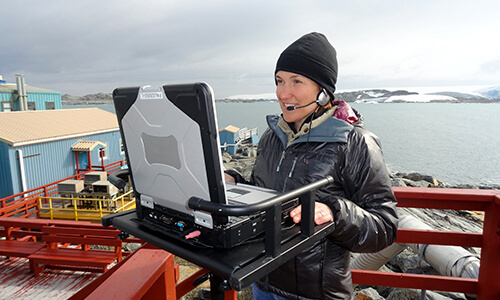
Are you intrigued about the Arctic or Antarctica? Something is always happening in polar regions. Whether you're an educator, student, researcher, or community member, stay informed!
Explore
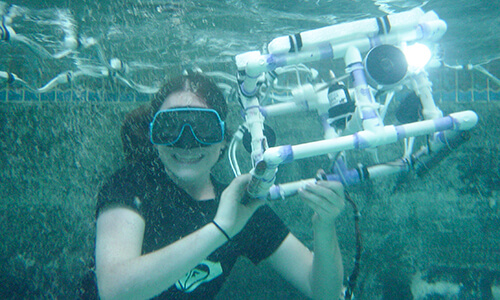
Check out what we have to offer! Search for polar focused lessons and activities. Download resources, multimedia, and other products.
Engage
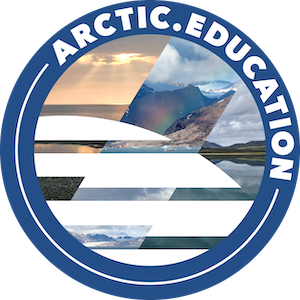
Engage with the online community, Arctic Science Education Network. This online community is designed to foster connections between researchers and educators with the aim of enhancing Arctic science education and outreach.
For over 25 years, ARCUS has been fostering enthusiasm and awareness about the polar regions by engaging students in Arctic research; providing professional training opportunities for formal and informal educators to work with Arctic researchers; producing and championing efforts to produce culturally responsive curriculum about the Arctic; and developing community and citizen science partnerships.
Reach out to us for your Arctic education and outreach needs! Consult us on proposal activities, connecting with Arctic communities, teachers, and students; developing broader impact statements; creating education-focused workshops, and writing curriculum, to name just a few!
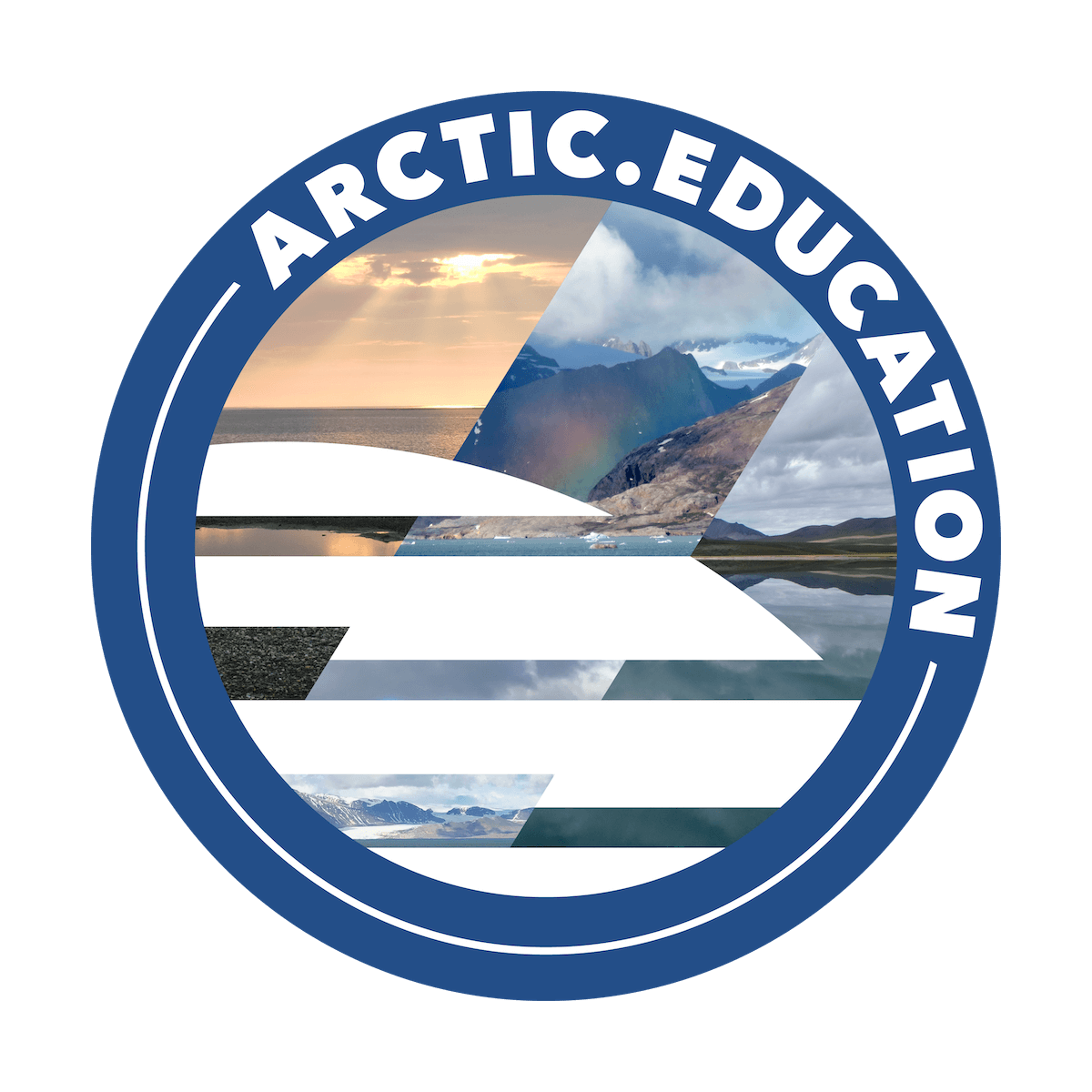
PolarTREC
PolarTREC, funded through 2023, provides professional development opportunities for educators to participate in hands-on field research experiences in the Arctic and Antarctic. The program aims to advance science education by providing educators with the resources, tools, and knowledge necessary to teach STEM subjects creatively and engagingly. By engaging in field research experiences, educators gain a deep understanding of the scientific process and develop strategies to integrate this knowledge into their teaching practices. The website offers information about the program. Educators can explore the various research expeditions, read about the research, and find a wealth of lessons and multimedia for integrating polar regions into different learning settings.
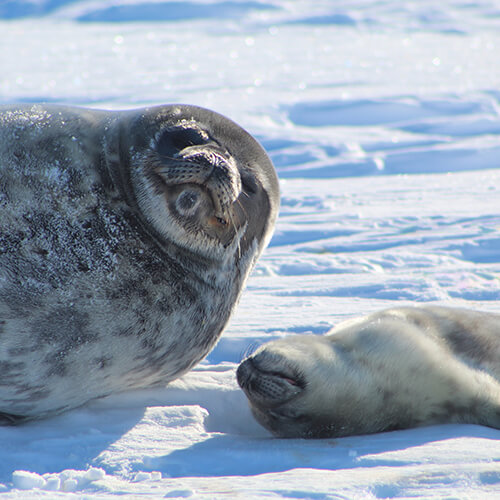
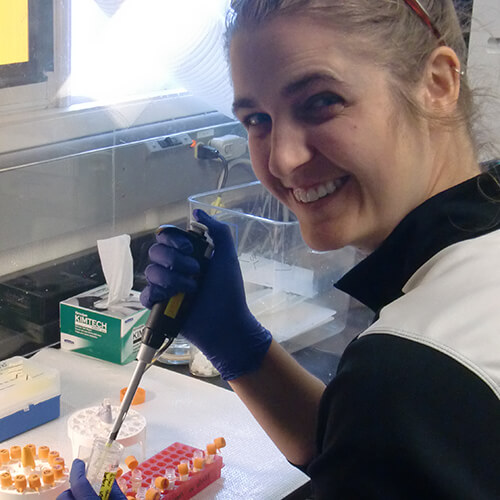
By the Numbers
Educators
Journals
Resources
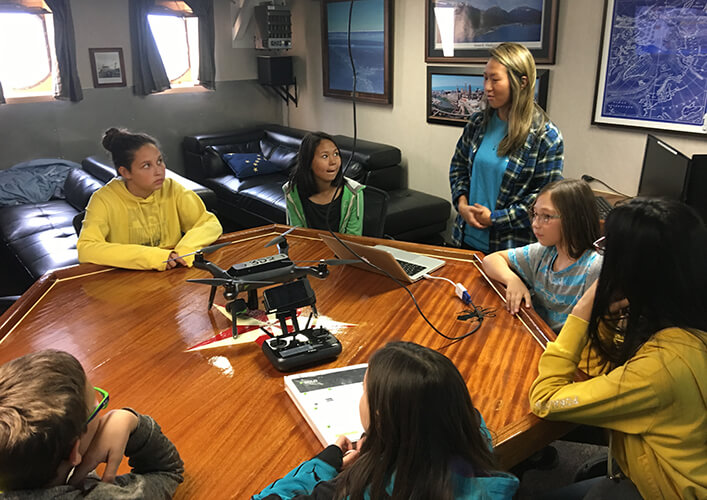
The Arctic in the Classroom
The Arctic in the Classroom program aims to promote understanding of the Arctic region by bringing together scientists, educators, and communities. The program supports collaboration between these groups by using best practices in citizen science projects and community-based monitoring. It helps to increase knowledge of the unique natural landscapes, ecosystems, and people of the Arctic. These collaborations are essential to supporting Arctic education and promoting student engagement with STEM subjects.
Learn MoreCommunity and Citizen Science in the Far North
Community and Citizen Science in the Far North is an important initiative that recognizes the need to involve and engage local communities in scientific research in the Arctic region. This type of engagement is crucial for promoting more inclusive and collaborative approaches to research that can help address important environmental and social issues facing the Far North. One of the key challenges in promoting community and citizen science in the Far North is the lack of specific resources and knowledge about this type of research in the Arctic context. By providing opportunities for networking and knowledge sharing among practitioners, the Community and Citizen Science in the Far North initiative can help address this gap and support the growth of this important field.
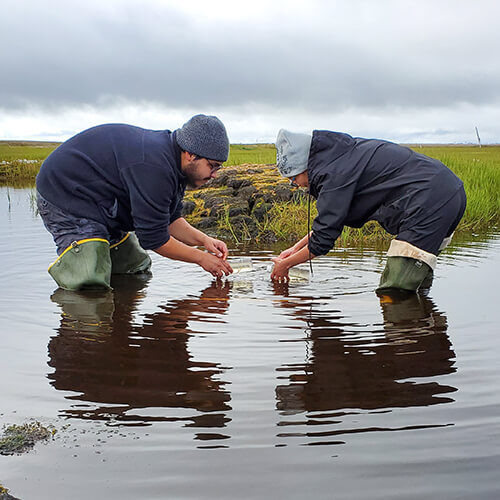
Polar Media Archive
The ARCUS Polar Media Archive is a valuable resource for anyone in need of visual content related to the polar regions. It is a collection of over 23,000 photos collected for various purposes and shared through the Internet. The contents are searchable, and all content includes a description and the necessary credits.
